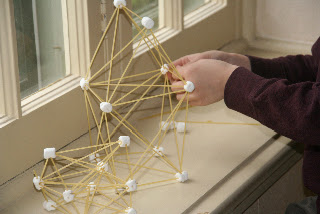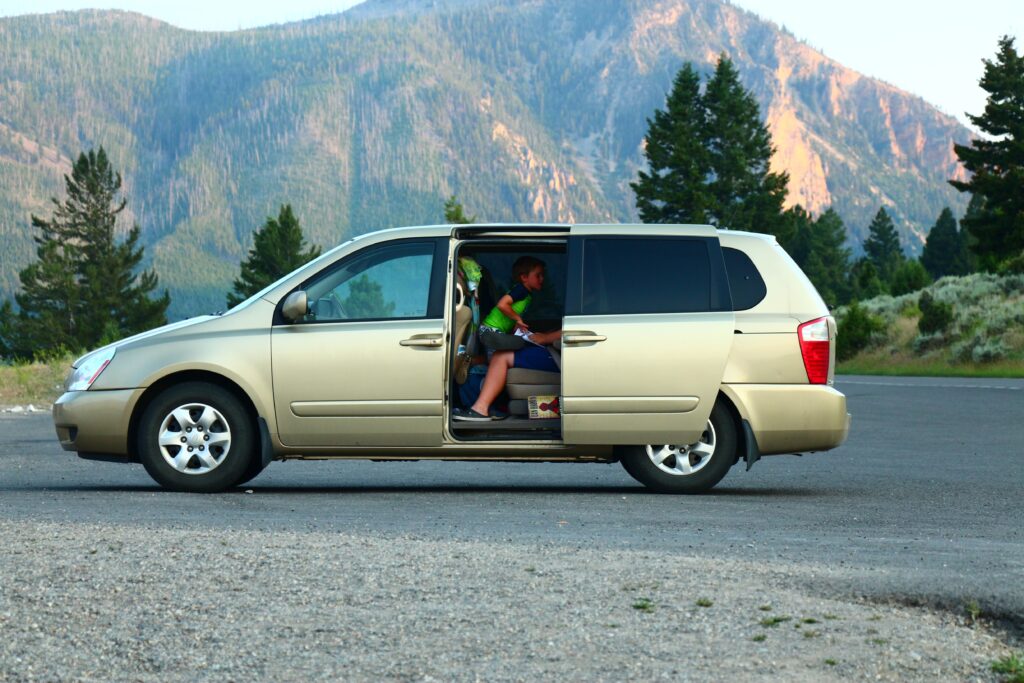
The other day we went to the Zoo with my boys (a five year old and a three year old). In the car, we were talking about which animals the kids would really like to see, and what animals would be there, etc. I was pumped because the kids love animals and showing them an elephant in a book and in real life doesn’t compare. In a book, there’s no movement, no comparison in size with the surroundings, no texture. My five year old son was especially excited, and he had a million questions for me about the zoo and the animals: “How do the giraffes drink water when they’re so tall? Do giraffes have a red tongue or a black one, like daddy says?” etc.
Continue reading “Bombardment of Information: are we overstimulating our children?”









